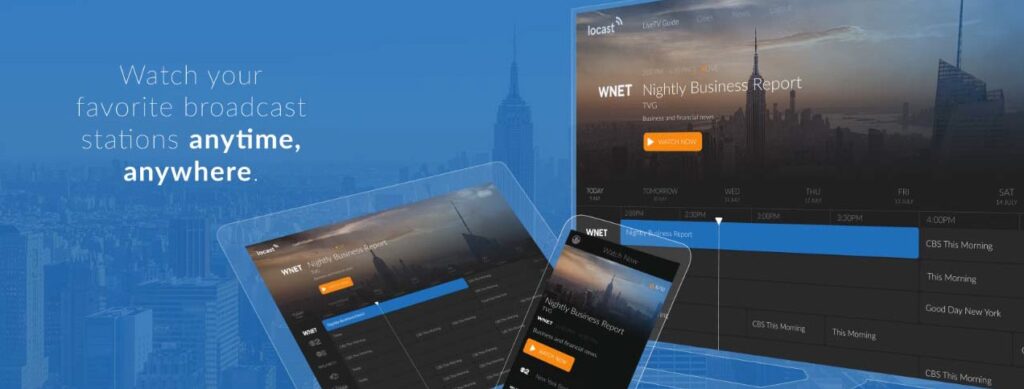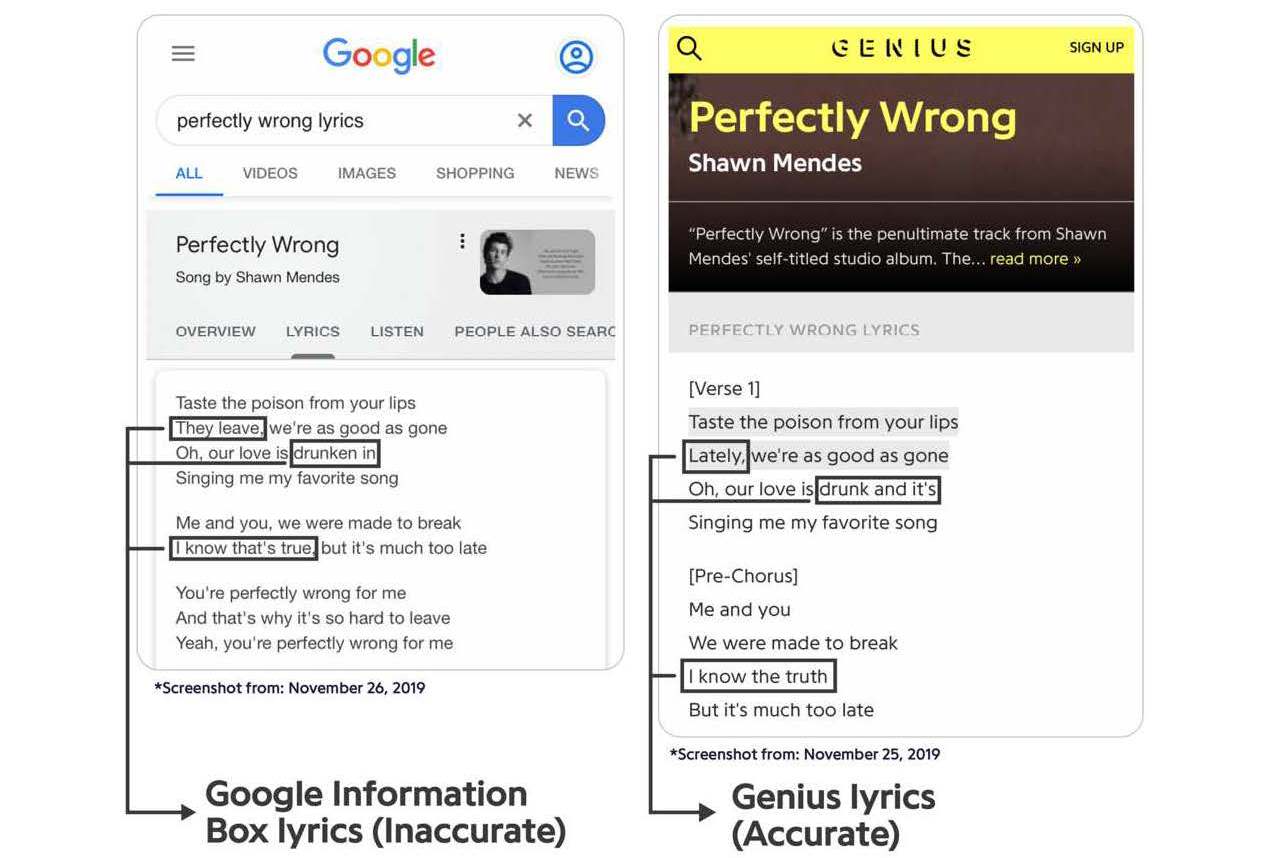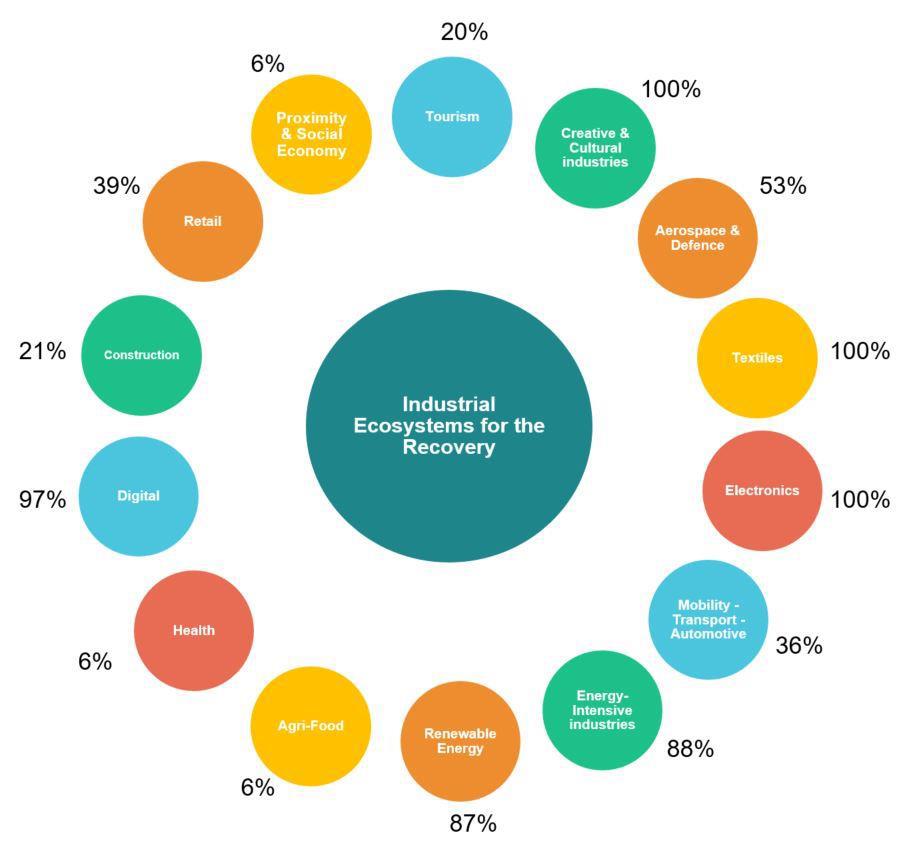Non – profit organization Sports Fans Coaliti on NY, Inc. (“SFCNY”) operated the Locast service, which captures over-the-air (“OTA”) broadcast signals and retransmits them over the internet, enabling viewers to stream live television on their preferred internet-connected viewing device. The signals include copyrighted transmissions from plaintiffs’ broadcast stations. Locast has not paid for a license or obtained plaintiff’s consent to retransmit those programs.
Comments closed


